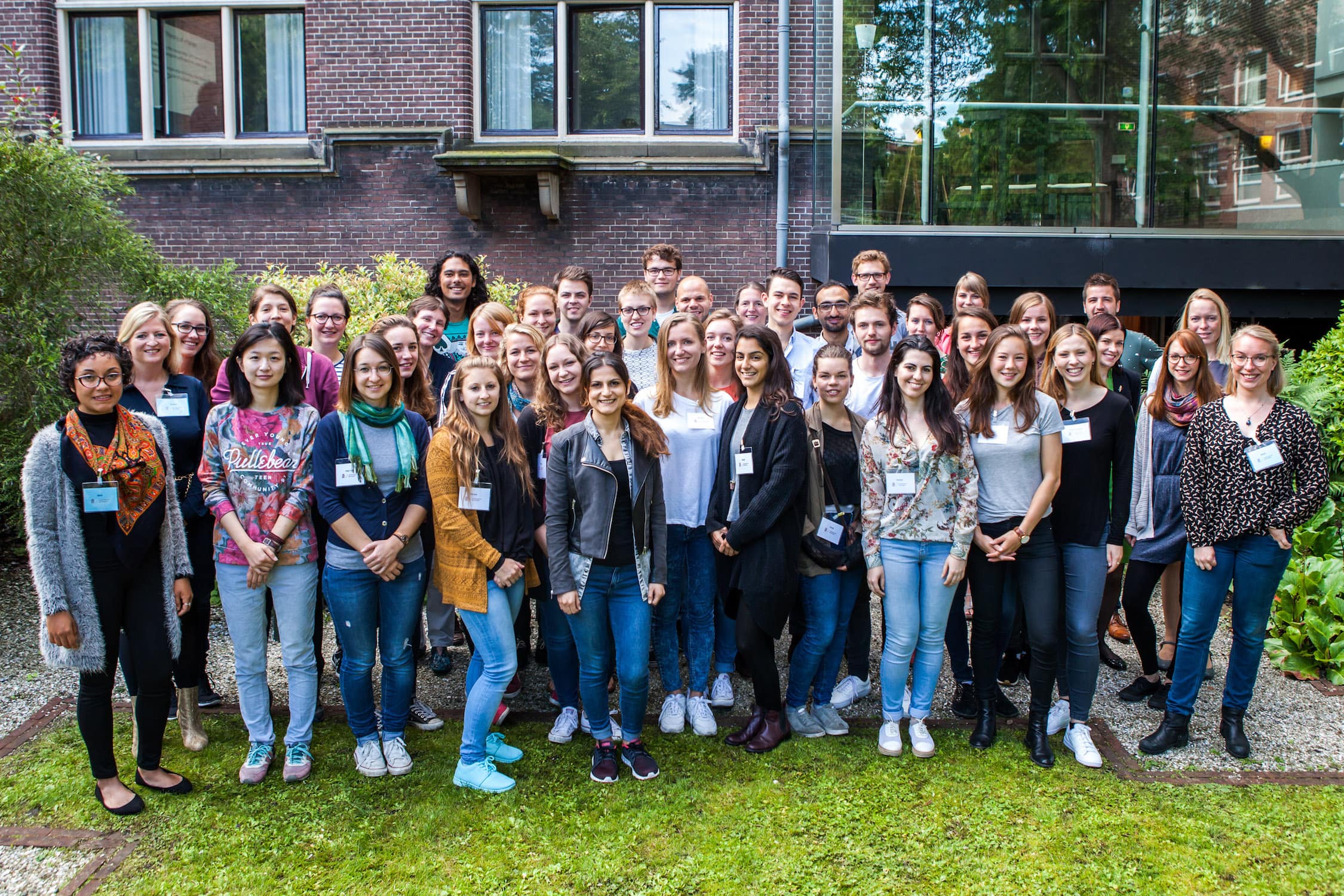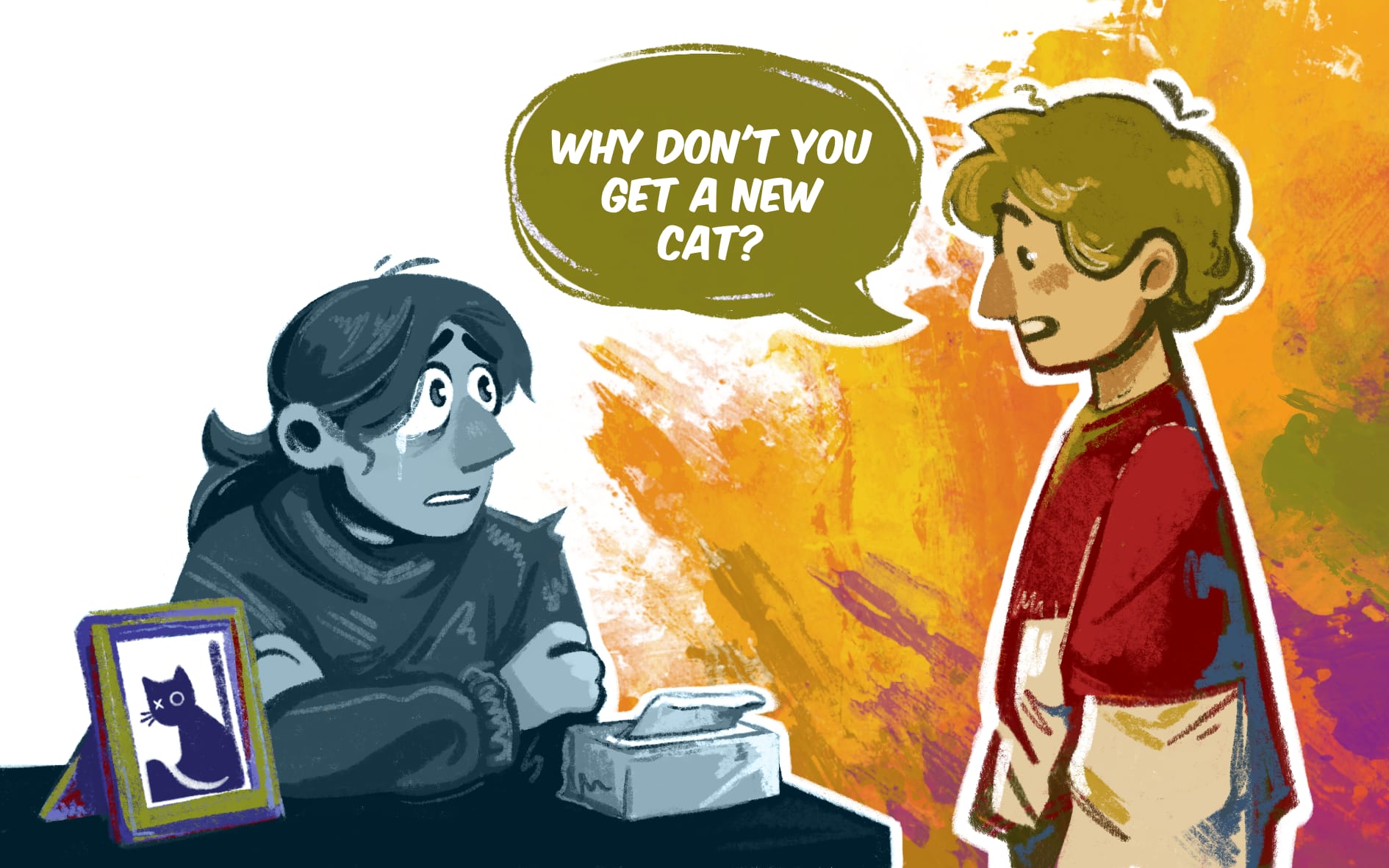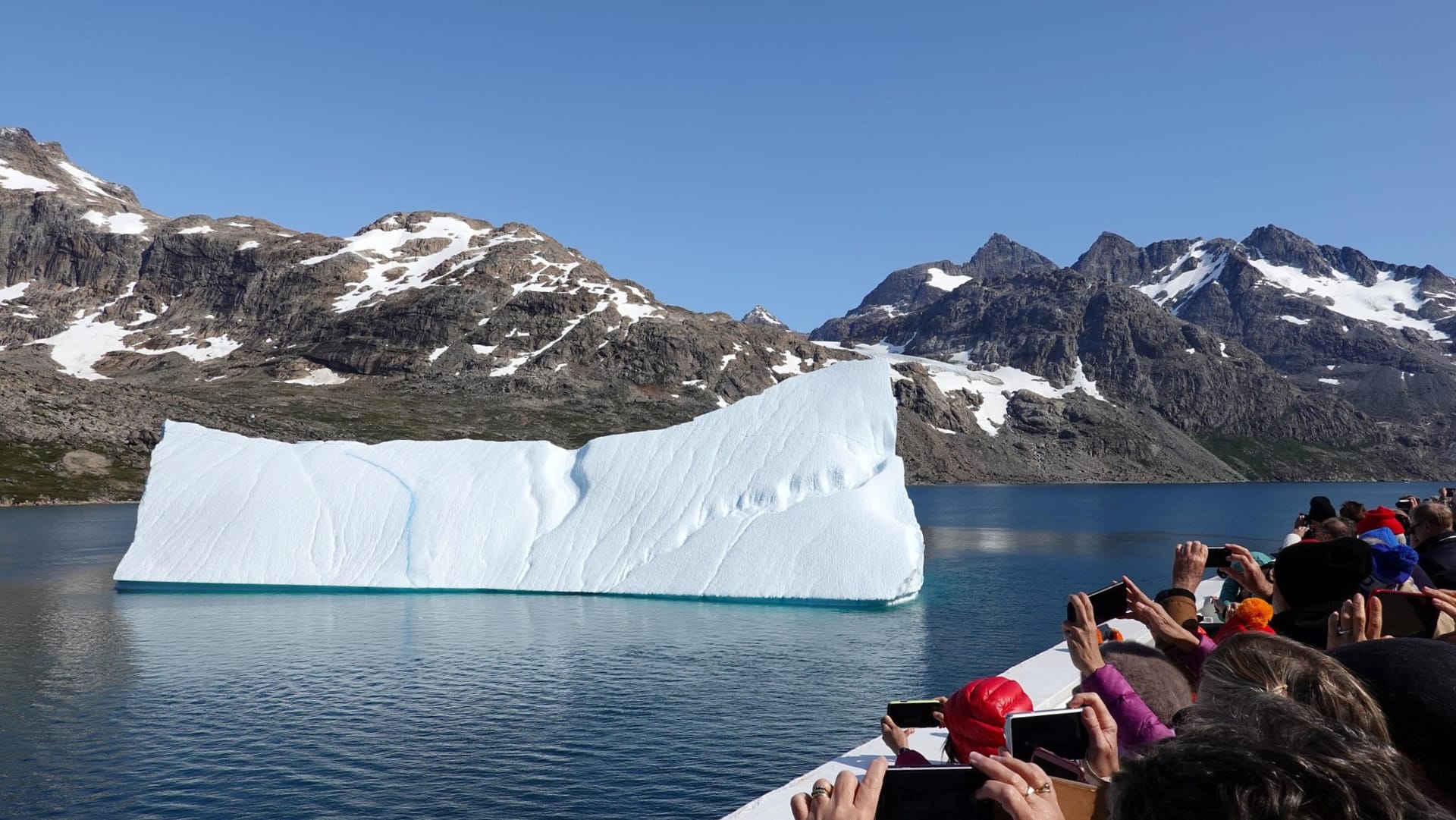
A true learning experience. Acting outside the classroom!
Friday morning, 8 July 2016: Unusual scenes are taking place in the city hall of Groningen. What is normally a place for politics and local government, now hosts five groups of international students who are presenting project proposals. All of these projects aim to improve current practices in the broad field of migration. Presenting this work to a panel of experts from politics and NGOs was the grand finale of the week, as well as a starting point to put ideas into action.
Understanding the complexity of migration and developing new ideas to improve the life of migrants was the central theme of the summer school ‘Migration Matters. Understanding and Intervening”. Thirty-two students of 10 nationalities and different academic backgrounds participated in this transdisciplinary summer school. The ultimate aims were, firstly, to improve understanding of what migrants experience when they leave their home until they arrive in the EU and, secondly, to identify gaps and develop a new evidence-based intervention to improve current practice and policy.
“The summer school included numerous lectures by academics, policy makers, and practitioners; small group work; and various teaching formats, including a simulation of a ‘refugee experience’, actual interaction with refugees, and the task to develop a concrete project proposal.”
The summer school included numerous lectures by academics, policy makers, and practitioners; small group work; and various teaching formats, including a simulation of a ‘refugee experience’, actual interaction with refugees, and the task to develop a concrete project proposal. No fewer than 21 guest speakers were involved. Academics provided input about the global situation of migration and how to analyze, develop, and evaluate an evidence-based intervention; policymakers shared their insights from within Dutch politics; practitioners shed light on local conditions within refugee camps at the European border and organizations helping refugees in the Netherlands. The five project proposals that were developed during the week were inspired by this set-up and the experience of the participants themselves.
“At the end of the week, five groups presented a separate problem analysis and suggested concrete interventions on how to improve current practice and policy. Now, almost nine months later, three projects are actually being put into action by students at the RUG together with involved refugees.”
At the end of the week, five groups presented a separate problem analysis and suggested concrete interventions on how to improve current practice and policy. Now, almost nine months later, three projects are actually being put into action by students at the RUG together with involved refugees. For example, one group aims to develop an Integration Toolbox for Municipalities, to monitor and share local successful practices in the field of integration across the Netherlands. This group is currently preparing focus group discussions to more broadly define the term ‘integration’ to include different aspects relevant for dynamics within the host society and municipalities. The Association of Dutch Municipalities (VNG) has expressed their interest to collaborate in this project.
The second group has set up a network by female students to empower talented young refugee women. They collaborate with “Groningen verwelkomt vluchtelingen” (www.groningenverwelkomt.nl), are busy interviewing refugee women to learn more about their needs, have recently presented their network at the Let’s Gro festival (www.letsgro.nl), and have received further support to soon offer the first activities for young women. Finally, the third group started conducting research on which kind of activities (such as creating art with refugees and neighbors from Groningen in their neighborhood) can stimulate feelings of ‘placemaking’ and feeling welcome for refugees in Groningen, and UCG students develop a ‘Right to Education’ programme.
“Throughout the summer school, a clear common theme has emerged: migration not only affects those who (are forced to) migrate, but poses new challenges to societies and politics at large.”
Throughout the summer school, a clear common theme has emerged: migration not only affects those who (are forced to) migrate, but poses new challenges to societies and politics at large. During the summer school students and refugees have begun to rethink current approaches to migration and integration, putting learning and acting at the heart where it is urgently needed. And now they also put their ideas into practice. A true learning experience for all involved parties – bridging science and society and stepping outside the classroom!
(Photo by Angelo Roga – see www.roga.nu)
(For more info, see http://www.rug.nl/research/sustainable-society/suso-and-education/summerschool_migration-matters_)



